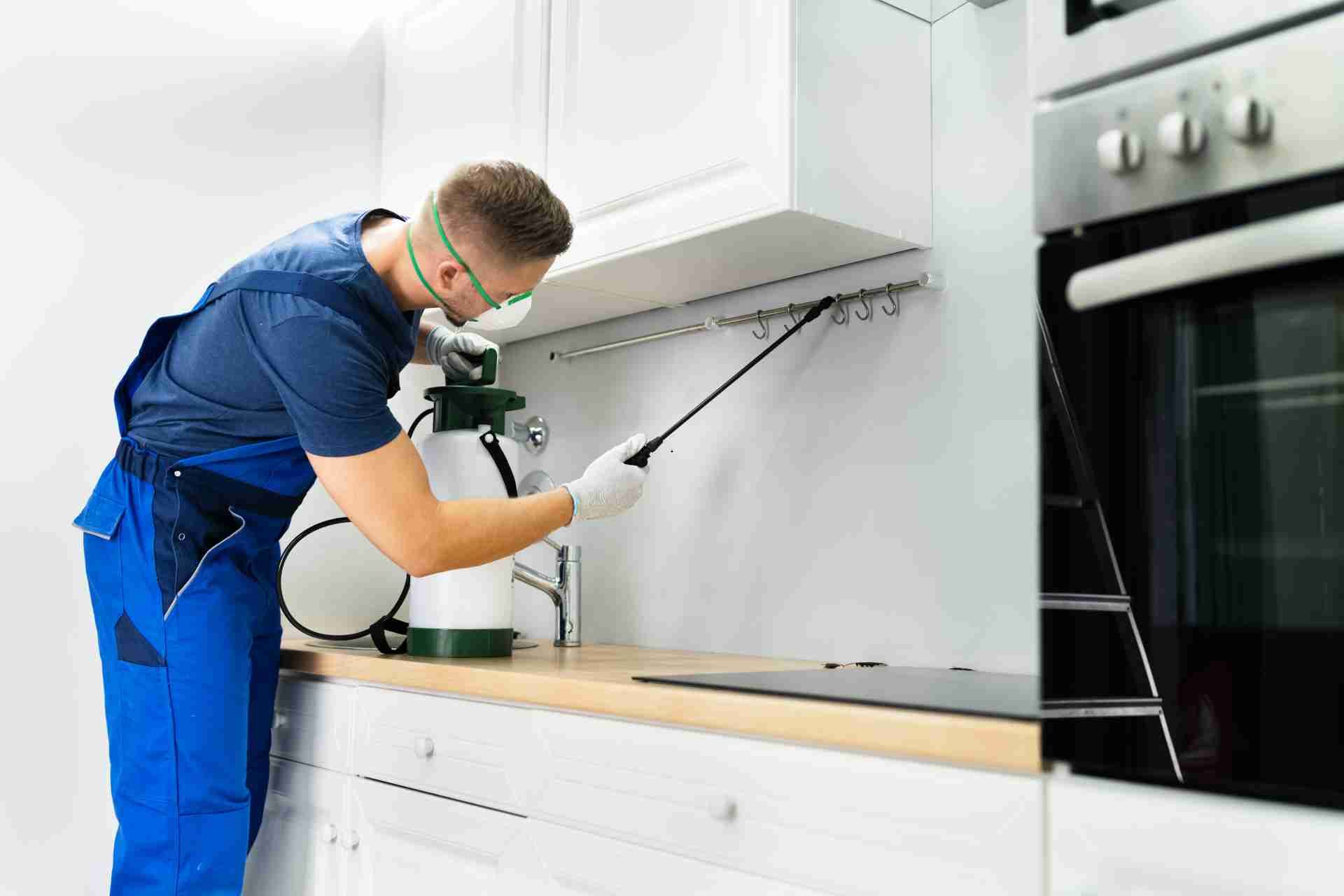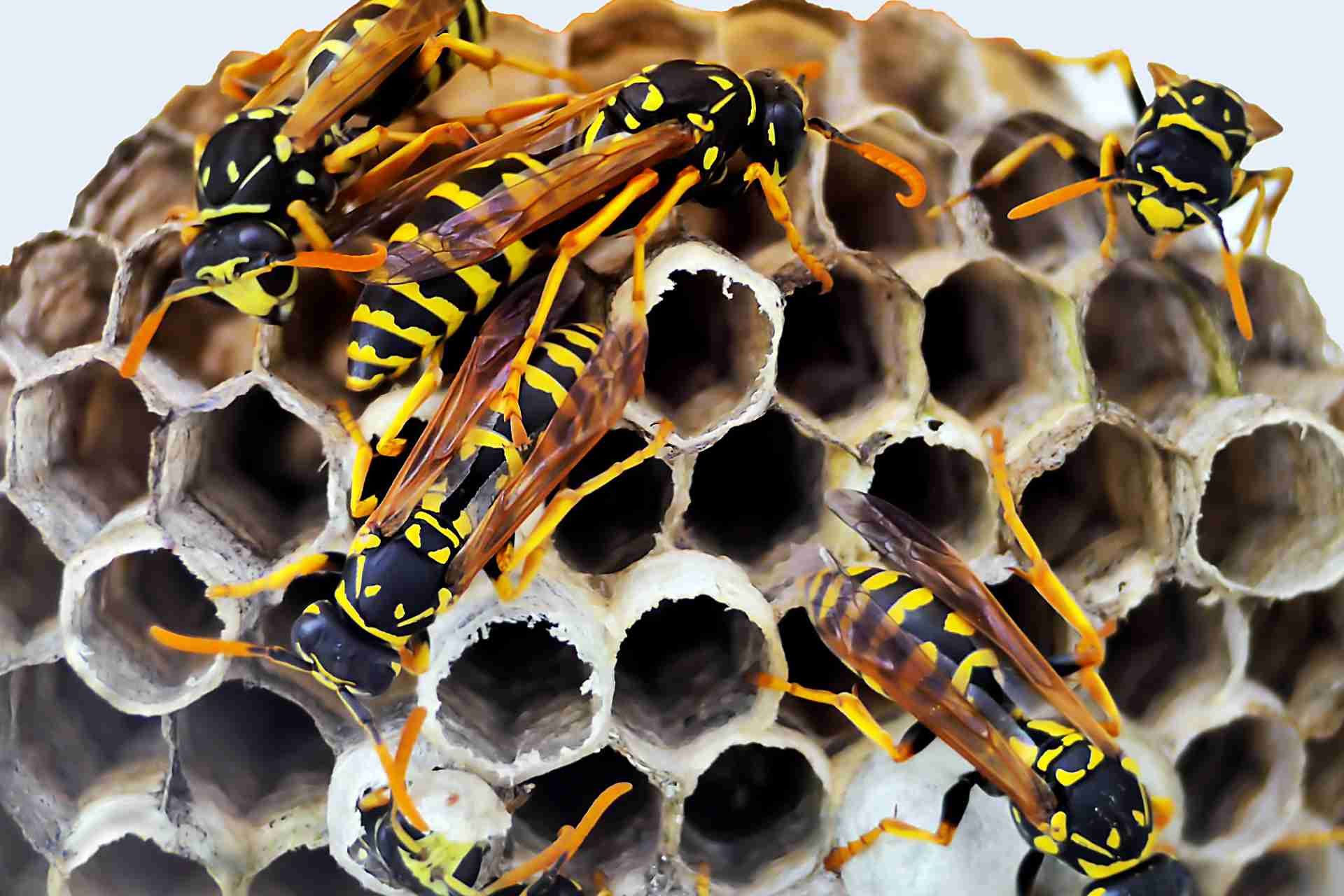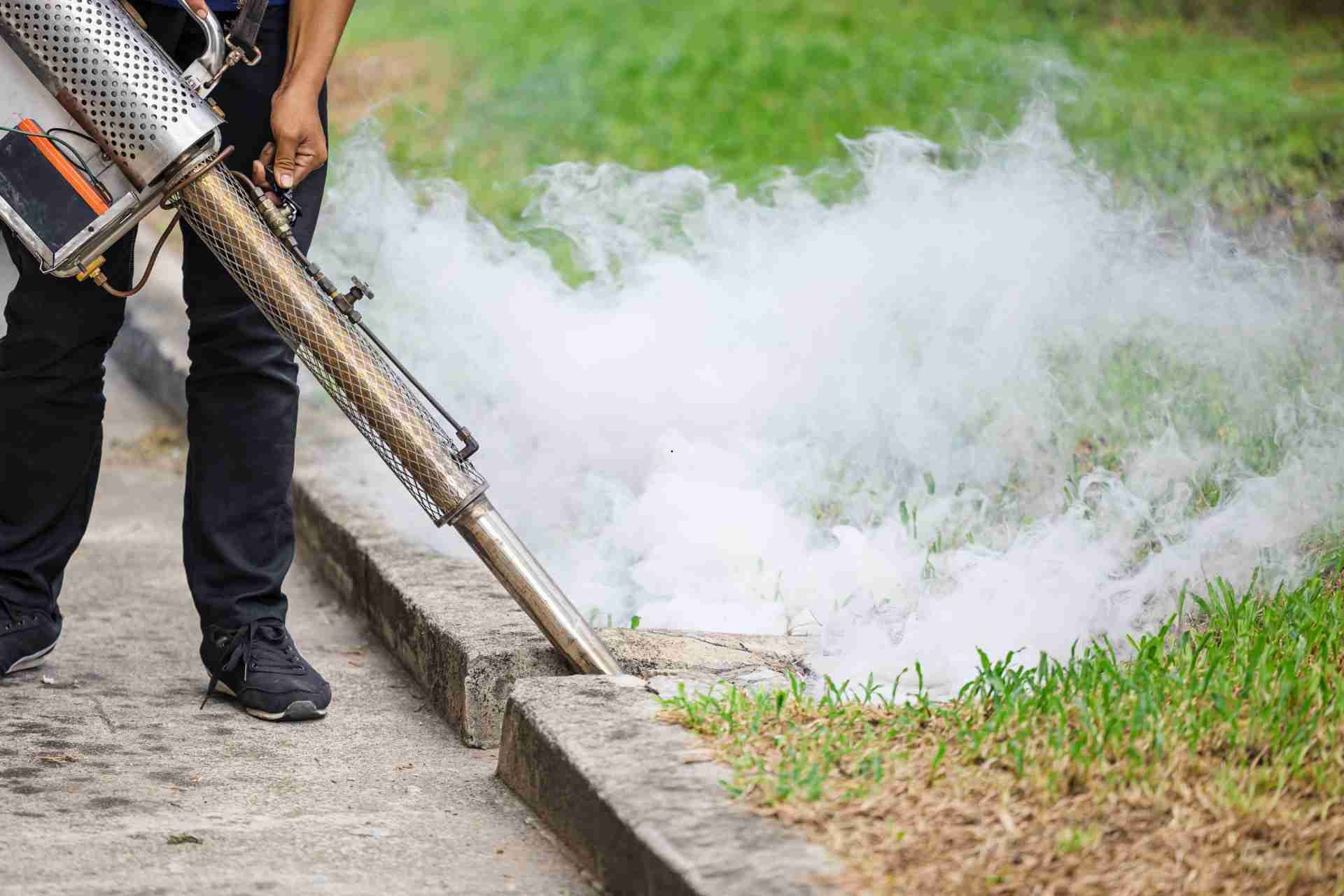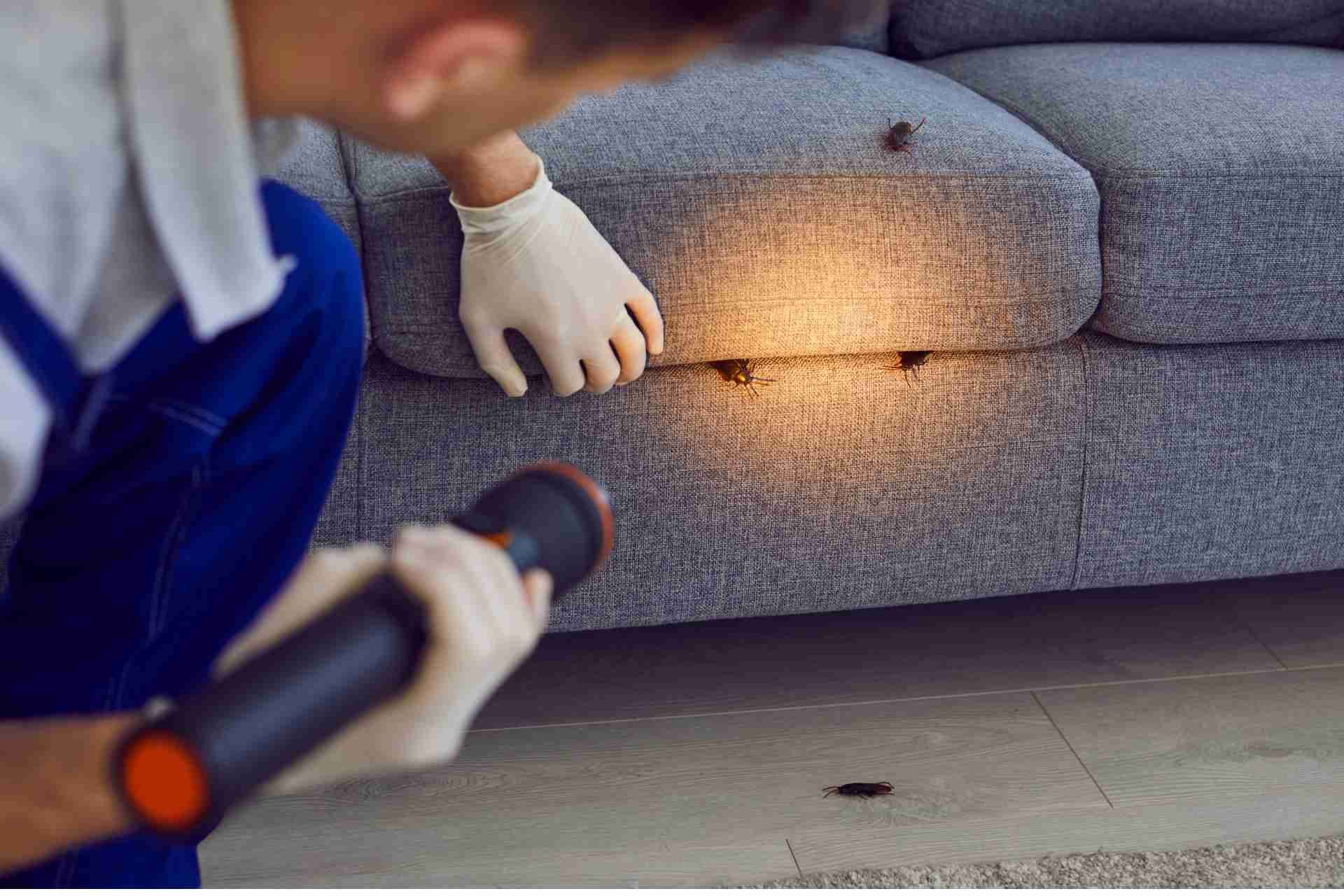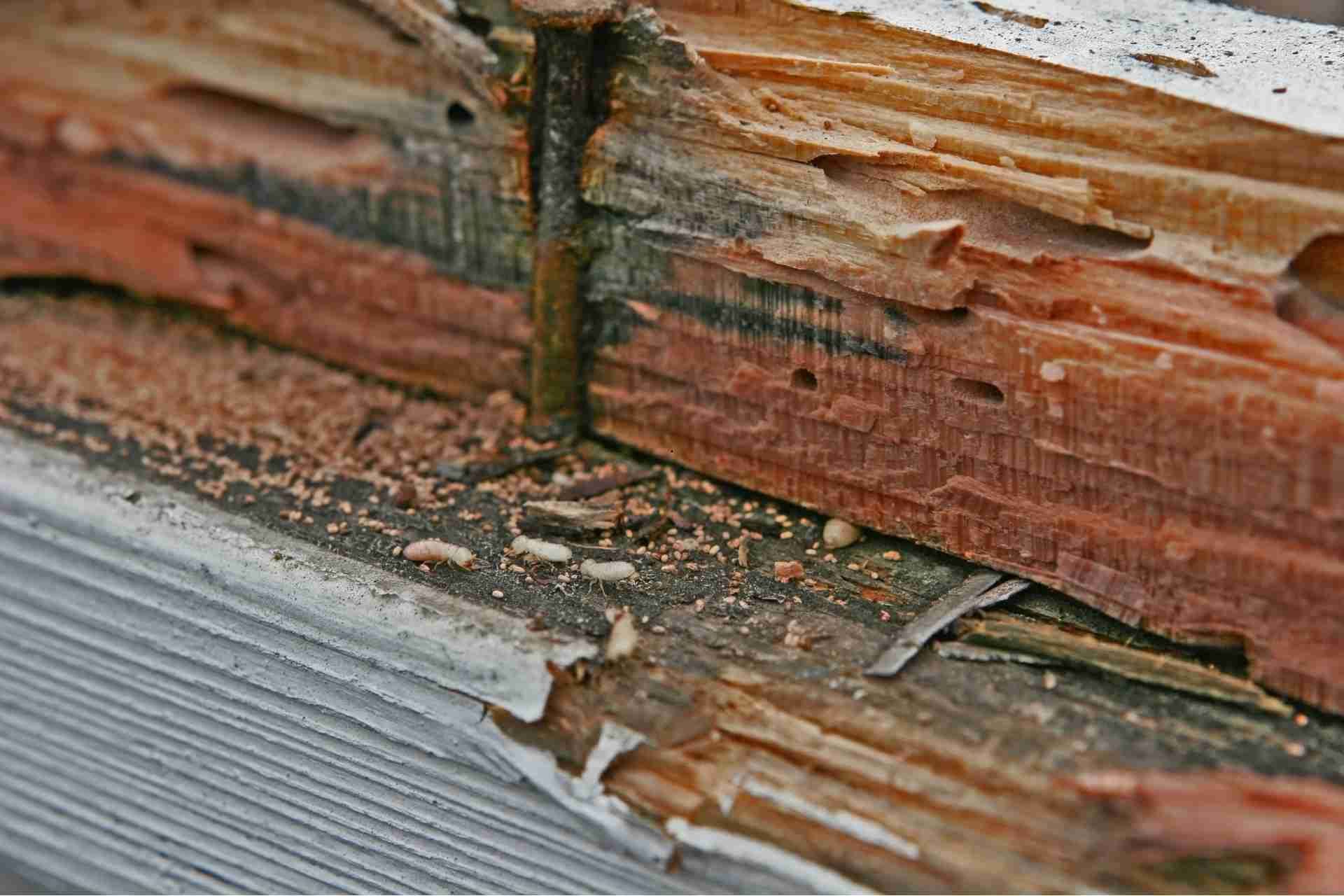How to Keep Mice and Rats Out of Your Home This Winter
As winter approaches, it's crucial to take steps to prevent mice and rats from invading your home. A few small changes can make a big difference in keeping these pests at bay. Start by inspecting your home for any entry points and consider how you can seal them effectively. But that's just the beginning; there are several other strategies you can employ to ensure your home remains rodent-free this season.
Inspect Your Home for Entry Points
Before you can effectively keep mice and rats out of your home, you need to inspect it for entry points.
Start by examining the exterior for cracks in the foundation, gaps around windows, and spaces near doors. Pay close attention to areas where utilities enter your home, as these can be prime access points. Don’t forget to check your roof for damaged shingles or loose vents.
Inside, look for any holes or gaps in walls, especially around plumbing and electrical lines. Use a flashlight to see dark corners and crawl spaces clearly.
If you find any potential entry points, make a note of them. Identifying these vulnerabilities is the first step in protecting your home from unwanted pests.
Seal Cracks and Gaps
Sealing cracks and gaps is crucial for preventing mice and rats from entering your home.
Start by inspecting your foundation, walls, and windows for small openings. Use caulk or foam insulation to fill any gaps you find. Pay special attention to areas around pipes, vents, and utility lines, as these are common entry points.
Don’t forget to check doors and windows; weather stripping can help seal these effectively. If you notice any holes larger than a quarter, use steel wool or metal mesh to block them, as rodents can chew through softer materials.
Regularly check your seals, especially after extreme weather, to ensure they remain intact. Taking these steps will help keep your home rodent-free this winter.
Maintain a Clean Environment
After sealing cracks and gaps, maintaining a clean environment is another vital step in keeping mice and rats at bay.
Start by regularly sweeping and vacuuming floors to eliminate crumbs and debris that attract pests. Don’t forget to clean under appliances and furniture where food particles often hide.
Keep countertops and tables clear of clutter, especially food items. Dispose of trash promptly in sealed containers to prevent access.
Make sure to wash dishes immediately after use, and don't leave pet food out overnight.
Regularly check for spills and clean them up right away.
Store Food Properly
To keep mice and rats from invading your home, it's essential to store food properly. Start by sealing all food in airtight containers. This includes pantry staples like grains, cereals, and snacks.
Don’t leave pet food out—store it in sealed bins as well. Keep your refrigerator clean and organized, discarding any expired items promptly.
When it comes to fruits and vegetables, store them in the fridge or in containers that rodents can’t access. Regularly check your pantry and cupboards for any signs of pests and clean up spills immediately.
## Utilize Natural Deterrents
Wondering how you can naturally deter mice and rats from your home? Start by using essential oils like peppermint, eucalyptus, or citronella. Mice and rats dislike these strong scents, so placing cotton balls soaked in these oils near entry points can help keep them away.
You can also sprinkle cayenne pepper or crushed red pepper flakes in areas where you've spotted activity; the spicy scent irritates their noses. Another option is to plant mint around your home’s perimeter, creating an unwelcoming environment.
Additionally, consider using vinegar-soaked rags in areas where you suspect rodent activity. The strong smell of vinegar can act as a natural repellent.
Set Traps Strategically
Setting traps strategically is one of the most effective ways to deal with a rodent problem.
First, identify high-traffic areas where you’ve noticed signs of mice or rats, like droppings or gnawed materials. Place traps near walls, as rodents tend to travel along edges. Use bait that’s irresistible to them, such as peanut butter or sunflower seeds.
Don’t forget to check the traps regularly; empty and reset them as needed. If you’re using multiple traps, space them out to cover a wider area.
Keep Your Yard Tidy
After addressing the indoor rodent situation with traps, it’s time to focus on your outdoor space.
Keeping your yard tidy is essential in preventing mice and rats from moving in. Start by clearing away debris like leaves, branches, and other clutter where rodents can hide.
Trim back overgrown vegetation and shrubs, ensuring they’re not too close to your home. Store firewood at least 20 feet away from your foundation and elevate it off the ground.
Don’t forget to keep trash cans sealed and clean up pet food or fallen fruit promptly.
Seek Professional Help if Needed
If you’ve tried various methods to keep mice and rats at bay but still find signs of their presence, it might be time to seek professional help.
Pest control experts have the knowledge, tools, and experience to tackle infestations effectively. They can identify entry points you might’ve missed and provide tailored solutions to eliminate the problem.
Don’t hesitate to reach out if you’re feeling overwhelmed. An infestation isn’t just a nuisance; it can pose health risks and cause property damage.
A professional can ensure your home is safe and secure from these unwanted guests. Remember, acting quickly can save you time, money, and stress in the long run.
Conclusion
By following these steps, you can effectively keep mice and rats out of your home this winter. Inspect your property, seal any entry points, and maintain a clean environment to make your home less inviting to pests. Storing food properly and using natural deterrents will further enhance your defenses. If you still encounter issues, don’t hesitate to seek professional help. Taking these proactive measures ensures your home remains a cozy, rodent-free sanctuary all season long.

